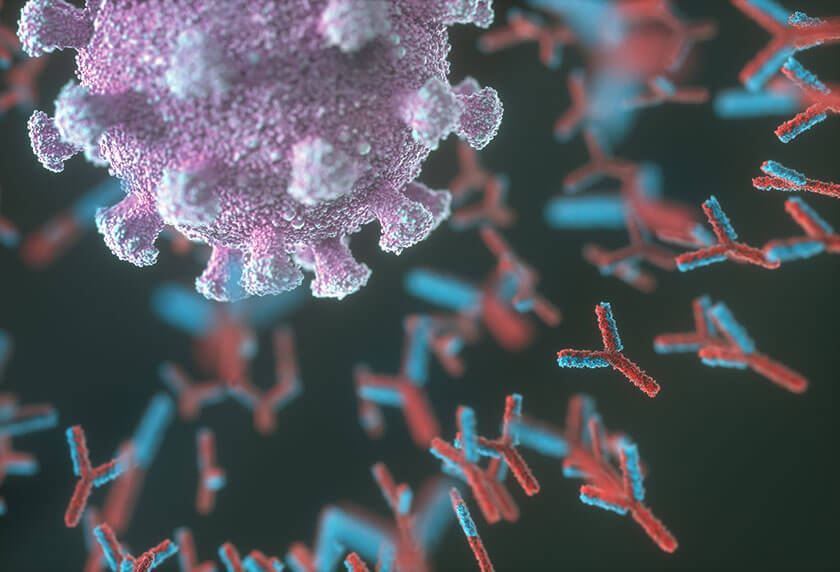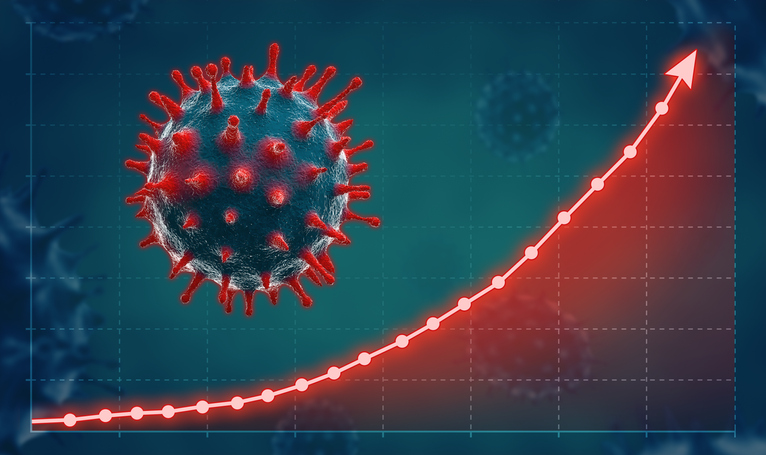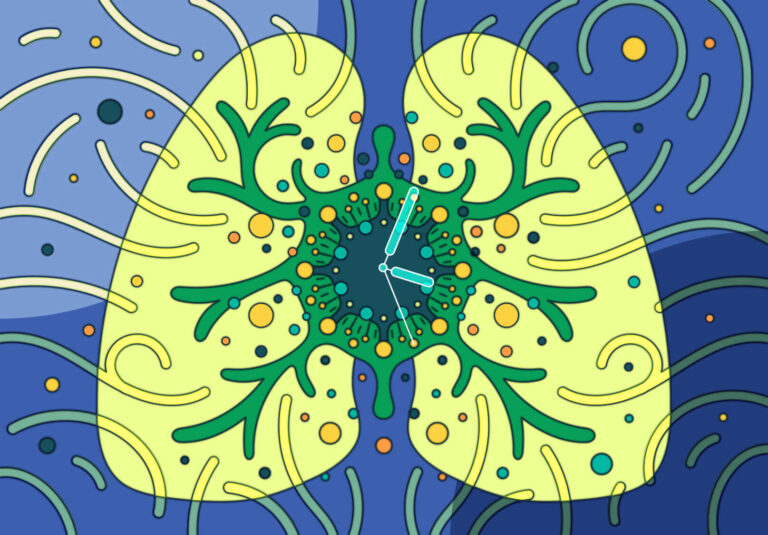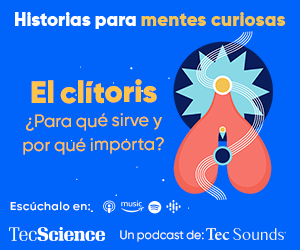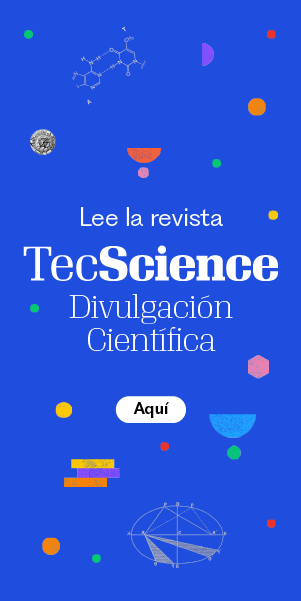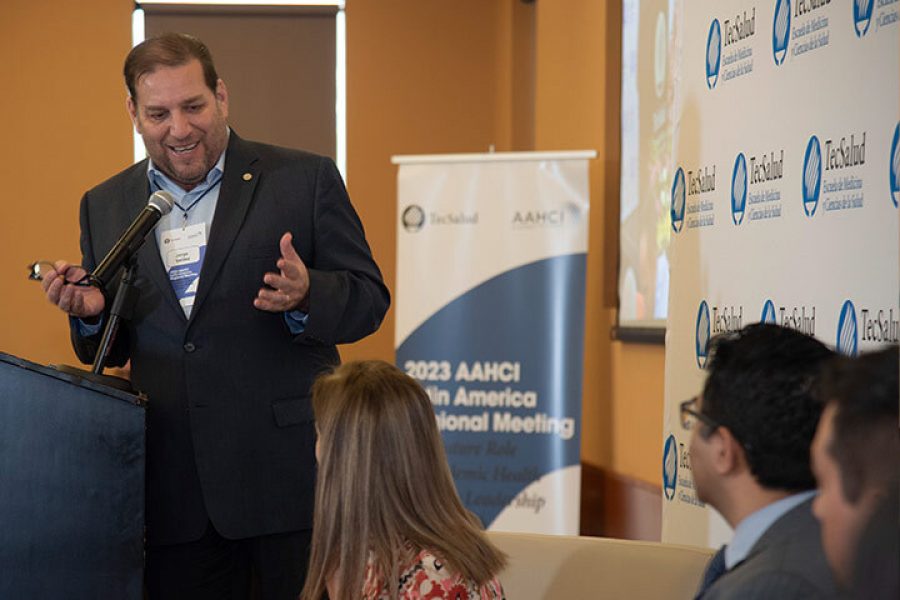Three years and 76 days after health authorities detected the first case of coronavirus in the country, President Andrés Manuel López Obrador has signed the decree establishing the end of the Covid-19 emergency in Mexico.
This repeals the original decree of March 23, 2020, which established health alert status for the SARS-CoV-2 coronavirus.
During the daily morning conference at the Mexican National Palace, Undersecretary of Prevention and Health Promotion Hugo López-Gatell Ramírez said that the requirements established by the World Health Organization (WHO) had been met to consider Covid-19 an endemic disease.
López-Gatell said that more than 95% of the population has generated antibodies if they were infected with the disease or received immunization through a vaccine. “In all regions of the country, you have these high levels of immunity,” he added.
At the beginning of the week, the federal health cabinet met to analyze information on the subject after WHO Director-General Tedros Adhanom Ghebreyesus had lifted the maximum alert on Friday, May 5, for the health crisis that is estimated to have caused at least 6.9 million deaths in the world.
End of COVID pandemic in Mexico
More than three years ago, it was reported that the coronavirus had arrived in Mexico City via a 35-year-old person who landed at the capital’s international airport on February 22, 2020, after having spent seven days in Bergamo, Italy.
At that time, the recommendations issued by the Mexican authorities to contain widespread contagion were frequent hand washing and the use of antibacterial gel if there was no soap and water.
They also recommended avoiding handshakes, as well as kisses and hugs, and not sneezing or coughing openly. Recommendations such as wearing face masks were still considered unnecessary, but later their use became mandatory to motivate a staggered return to face-to-face attendance.
In fact, the health alert situation led to the massive closure of non-essential activities, social distancing to prevent the spread of the virus, and the suspension of classes to more than 25 million students.
Efforts to combat Covid
There was no similar precedent in the world’s history for developing a vaccine so quickly. After having done that, the next challenge was to finance the largest possible production of covid vaccines to distribute them around the world.
Mexico was one of the first countries to receive the vaccine to abate the pandemic. On December 24, 2020, the country began vaccination of medical personnel.
The WHO ambassadors insisted on preventing doses from being stockpiled by richer countries, so international fundraising agencies were created, as well as a vaccine access mechanism called COVAX to bring the vaccine equitably to 190 countries.
Institutions such as Tec de Monterrey sought alternatives to guarantee the safe return to classes. Different areas of research participated in programs that contributed to a better understanding of the disease and how to contribute to its treatment.
The pandemic led to its effects being studied on different fronts by academia. New lines of research have been opened into the so-called Long Covid, in addition to maintaining research on the effects of immunization and the development of new vaccines to address the mutations of the virus.
On April 11, 2023, US President Joe Biden decreed the end of the pandemic in that country. His announcement came ahead of that by the WHO, which warns that the virus “still kills and still mutates,” despite the low lethality recorded in the last 12 months.
According to data from the WHO Director-General, Covid-19 still claims “one life every three minutes” in 2023. However, the crisis caused by the virus overwhelming health services has been overcome, while immunization allows most countries to return to life as they knew it before the pandemic.
